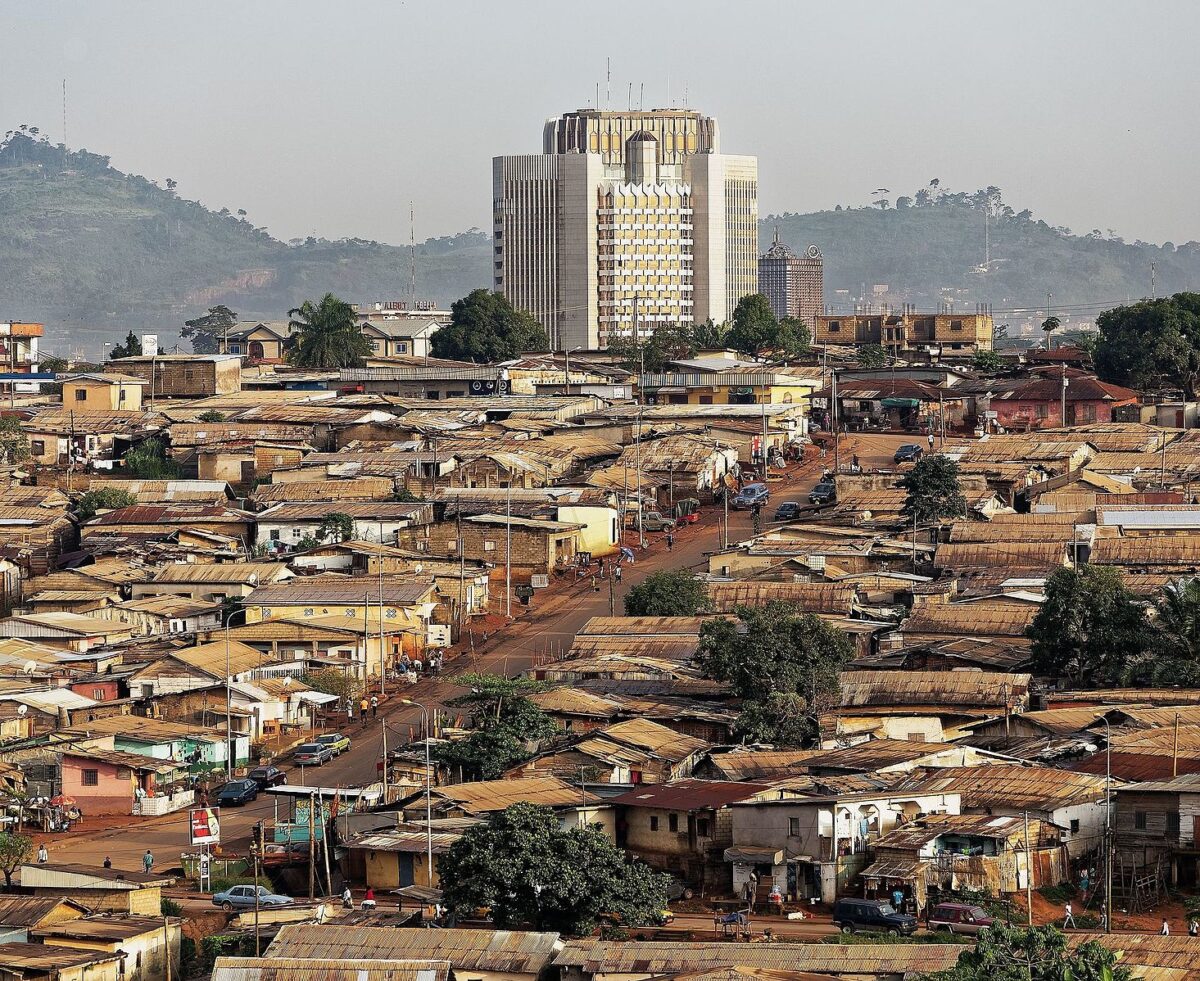Cameroon‘s government has decided to exempt from customs duties the imports of the PV components needed to build rooftop PV systems.
It includes, among others, domestic or industrial photovoltaic cables and modules, solar inverters, charge controllers and batteries. Only products that are not manufactured locally may be subject to the exemption.
For context, Cameroon recently announced the establishment of a three-year integrated import-substitution plan, called Piisah, which will last for the period 2024-2026. The program aims to increase the share of the manufacturing sector and high value added services in GDP and is part of the national development strategy 2020-2030 (SND30).
According to the latest figures released by the International Renewable Energy Agency (IRENA), the Sub-Saharan country had approximately 50 MW of installed PV capacity at the end of 2023. Of this, around 36 MW was deployed last year alone.
This content is protected by copyright and may not be reused. If you want to cooperate with us and would like to reuse some of our content, please contact: editors@pv-magazine.com.




By submitting this form you agree to pv magazine using your data for the purposes of publishing your comment.
Your personal data will only be disclosed or otherwise transmitted to third parties for the purposes of spam filtering or if this is necessary for technical maintenance of the website. Any other transfer to third parties will not take place unless this is justified on the basis of applicable data protection regulations or if pv magazine is legally obliged to do so.
You may revoke this consent at any time with effect for the future, in which case your personal data will be deleted immediately. Otherwise, your data will be deleted if pv magazine has processed your request or the purpose of data storage is fulfilled.
Further information on data privacy can be found in our Data Protection Policy.